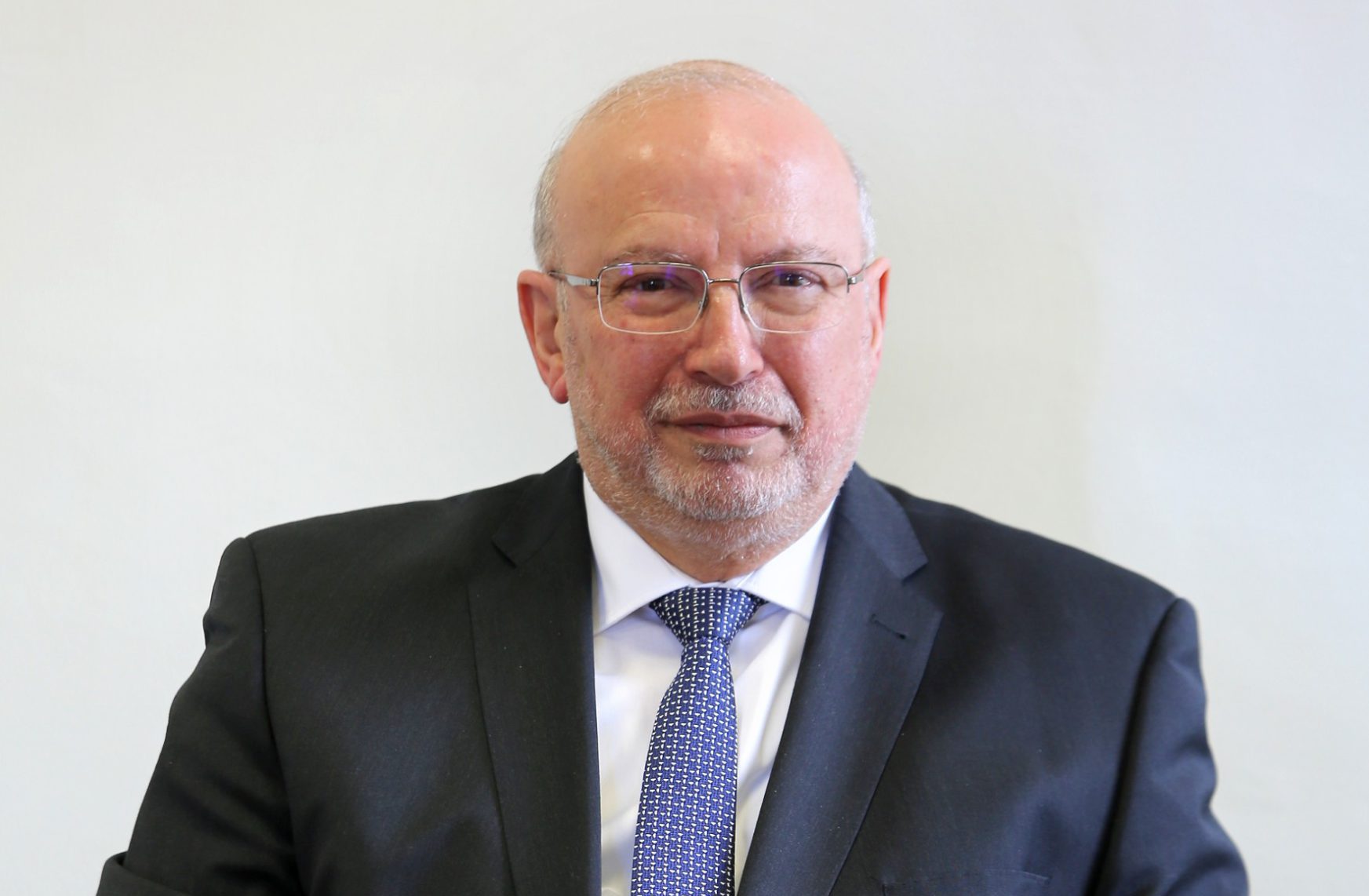Throughout the pandemic, the Malta Development Bank (MDB) played a crucial role in ensuring that the damage inflicted by COVID-19 on the local economy is not long-lasting, supporting operators of different sizes and across all economic sectors.
MDB Chairman, Josef Bonnici, says that since the launch of the COVID-19 Guarantee Scheme in April of 2020, “we have sanctioned over €440 million in working capital loans to more than 570 beneficiaries. Together, these employ over 40,000 employees.”
“As businesses have been reopening, we are optimistic that Malta is prepared for a gradual build-up of economic momentum. Indeed, a number of the operators supported during the pandemic are taking the opportunity to invest in upgrading their facilities, their processes, and their workforce,” Prof. Bonnici continues.
Sharing his economic outlook for the rest of 2021, Prof. Bonnici says that the latest macroeconomic projections published by the European Commission and the Central Bank of Malta augur well. “The Maltese economy is expected to rebound strongly in 2021 and 2022, partly mirroring a notable growth in the investment component of the GDP. As Malta’s only national promotional bank, we are ready to continue assisting local businesses in accessing the required finance,” he asserts.
“However, let us not forget that Malta is an open economy. We do not exist in a vacuum. Our economic growth is highly dependent on interactions with trading partners; therefore, our ability to remain competitive is also susceptible to developments in international markets.”
Prof. Bonnici says that while the pandemic and the necessary health and travel restrictions brought many economic sectors to a standstill, many businesses managed to survive in very challenging and unprecedented circumstances. “This was not easy and entailed a lot of personal sacrifices. Although the general feeling among businesses is well below the bullish levels recorded in 2019, available indices suggest a marked improvement in economic sentiment indicators when compared to 2020,” says the Chairman. “I believe that on the back of the resilience shown during this difficult period, many entrepreneurs are cautiously optimistic that the worst is hopefully over. This sentiment is also spurred by the very successful and fast roll-out of vaccines in Malta, as well as the lifting of restrictive measures in our main trading partners.”
Reflecting on the risks that businesses would do well to anticipate in a post-pandemic scenario, Prof. Bonnici says that crises tend to be unpredictable and therefore difficult, if not impossible, to plan for, except to have robust systems in place and watch business trends carefully.
“I think that our collective hardships of the past year have given new dimensions to business continuity and that our experience with COVID-19 has driven many businesses, even those deeply dependent upon personal interaction, to explore what technology could offer and to develop new perspectives for older business models,” he asserts, adding that, as connectivity is at the core of almost all of Malta’s economic activity and with the technological developments that have been influencing business models in diverse industries, “it would be apt to continue to explore how digital connectivity can offer new opportunities to Maltese businesses.”
This interview forms part of a larger cover story featuring expert opinions on Malta’s post-COVID recovery and business sentiment, which appeared in the first edition of BusinessNow magazine.
db Foundation raises €8,419 for Karl Vella Foundation with MasterChef Malta Charity Dinner
These events form part of the db Foundation's ongoing commitment to supporting vulnerable members of society through impactful initiatives
Residential property prices rise by 5.7% in first quarter of 2025
The new figures show continued growth in Malta’s property sector
Youth4Entrepreneurship Gozo 2025: Youth invited to propose innovative digital solutions
The initiative aims to empower youth to become active contributors to Gozo’s development by addressing local challenges






